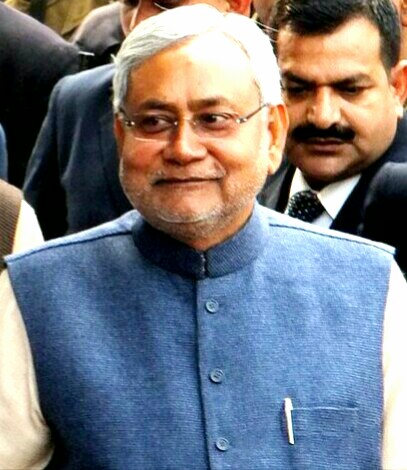 |
| English: Nitish Kumar (Photo credit: Wikipedia) |
When Nitish was running up and down the street urging the BJP to not pick Modi as its prime ministerial candidate, for a moment I thought maybe he himself harbors prime ministerial ambitions. But no, Nitish was rooting for LK Advani!
Advani would have been a sorry choice. I think Advani at the BJP helm would have created room for a Third Front government.
And now Nitish is behind another octogenarian, Mulayam. Mulayam is no development man. At least Laloo had a stellar stint as Railways Minister. Mulayam has none of that. He was a Mandal man who played the caste cards to his advantage. But those tricks don't work no more. Modi khud backward hai.
Nitish is the only development man in the Janata Parivar, and his not leading the unified party tells me Modi will stay PM for 15 years. He is the BJP's Nehru.
This is like Yahoo and Bing coming together to take over Google. Google's search market share increased in the aftermath. Right now my bet is the BJP is on its way to forming the state government in Uttar Pradesh. So much for Mulayam leading the unified Janata party.
Bado ka aadar karo, lekin itna mat karo ki democracy tabah ho jaye.










